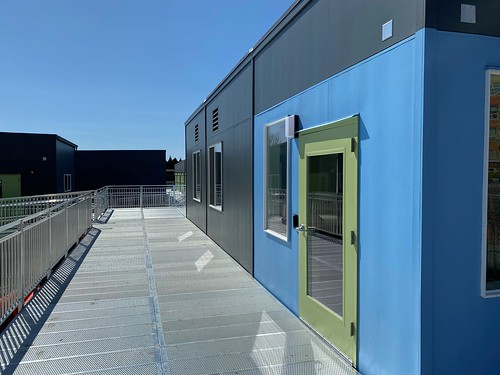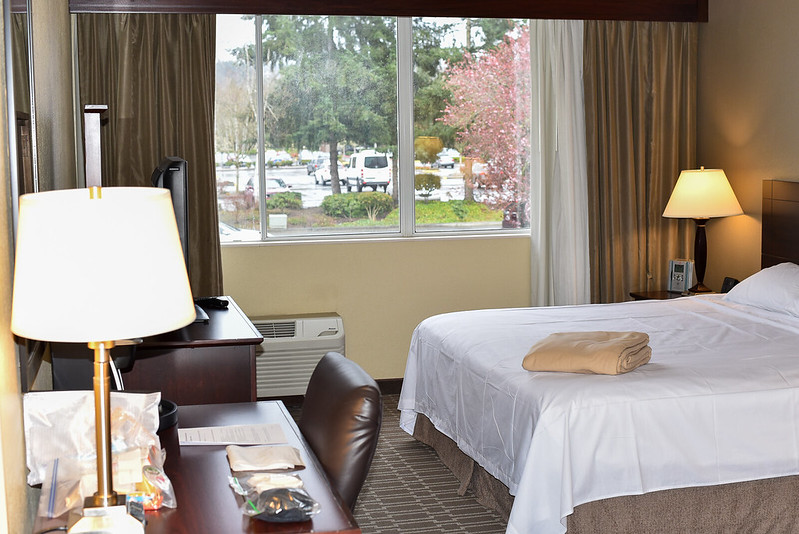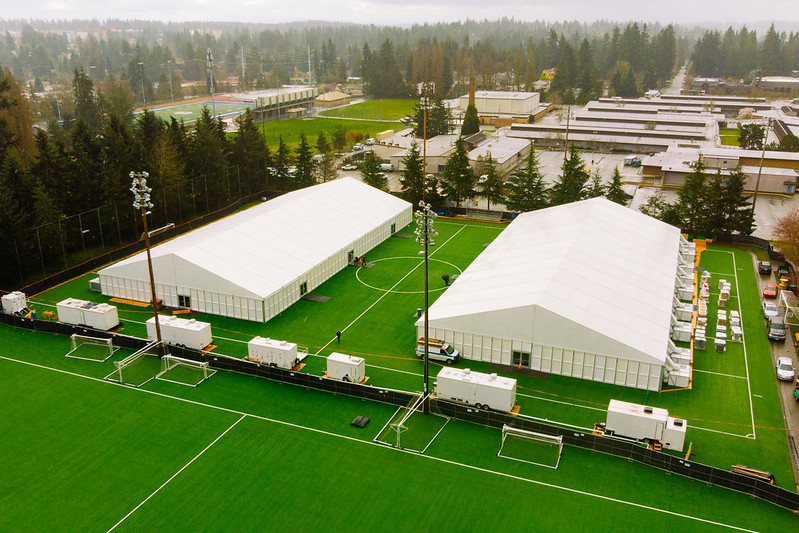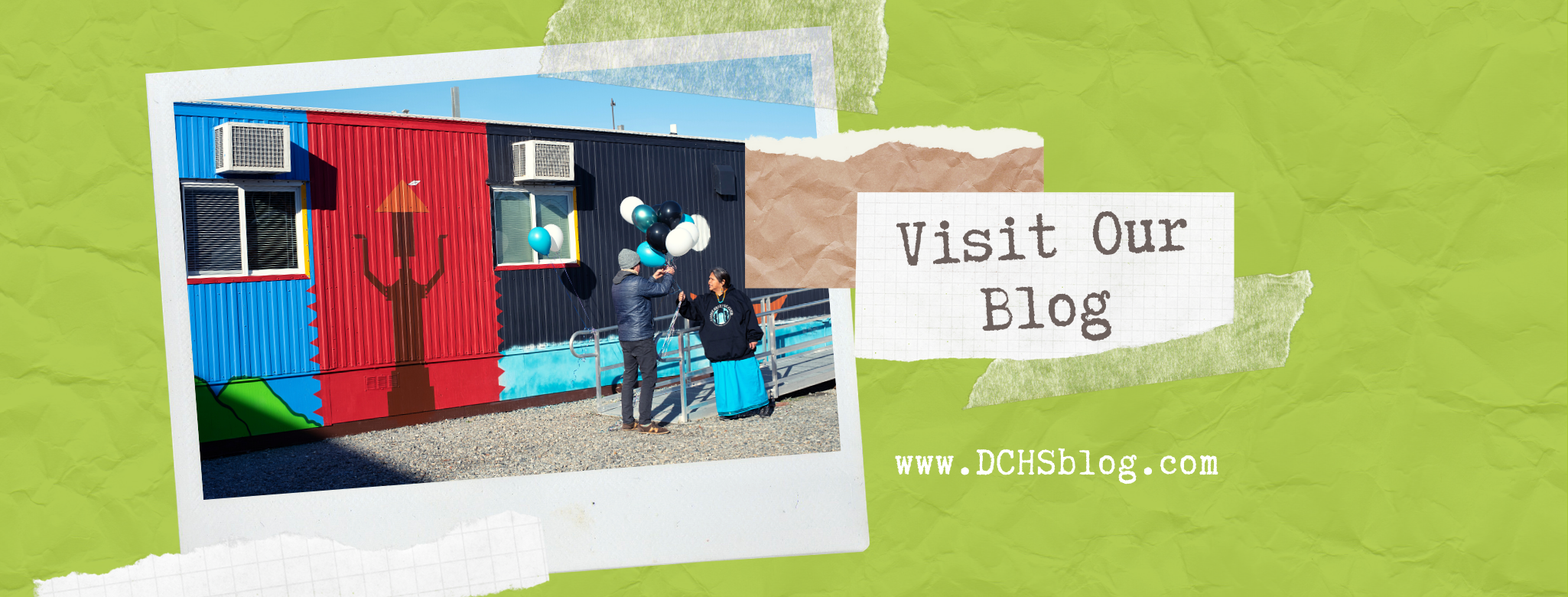Supporting Residents Experiencing Homelessness
Department of Community and Human Services
Action Steps: Supporting King County residents experiencing homelessness
Three agencies are closely coordinating efforts for King County:
- Public Health-Seattle & King County (PHSKC) and its Healthcare for the Homeless Network (HCHN) and Environment Health Division
- King County through the Department of Community and Human Services (DCHS), Facilities Management Division (FMD), and METRO
- City of Seattle’s Human Services Department (HSD)
Focus Areas:
- Support existing homeless services providers to maintain capacity and care for people experiencing homelessness.
- Support hygiene and sanitation efforts system-wide to prevent or slow the spread of the virus, including provider training and centralized supply purchasing and distribution.
- Create and implement a response plan to help people who become sick with COVID-19 who cannot care for themselves in home settings, or who have no home.
- Site and staff facilities for quarantine, isolation and recovery—for all who cannot care for themselves in home settings, including people experiencing homelessness; to slow the spread of illness in the community; preserve hospital beds for the most acutely ill.
Related Links
Healthcare for the Homeless Network (HCHN) COVID-19 Response and Guidance Documents
Sign up for COVID Homelessness Response email alerts and receive up-to-date information related to King County's COVID-19 response for people experiencing homelessness.
Actions we have taken to date:
Educate and Prepare the Regional Homeless Shelter and Services Provider Network
Beginning March 2, up to 200+ shelter and homeless services providers, housing developers and owners, health care providers, city planners, coalitions, faith community members and more have joined a weekly conference call hosted by King County, City of Seattle and PHSKC.
We present the most current information and service guidelines on the status of COVID-19, and participants can voice needs and ask questions.
Homeless Shelter and Services Sanitation and Hygiene Training and Cleaning Support
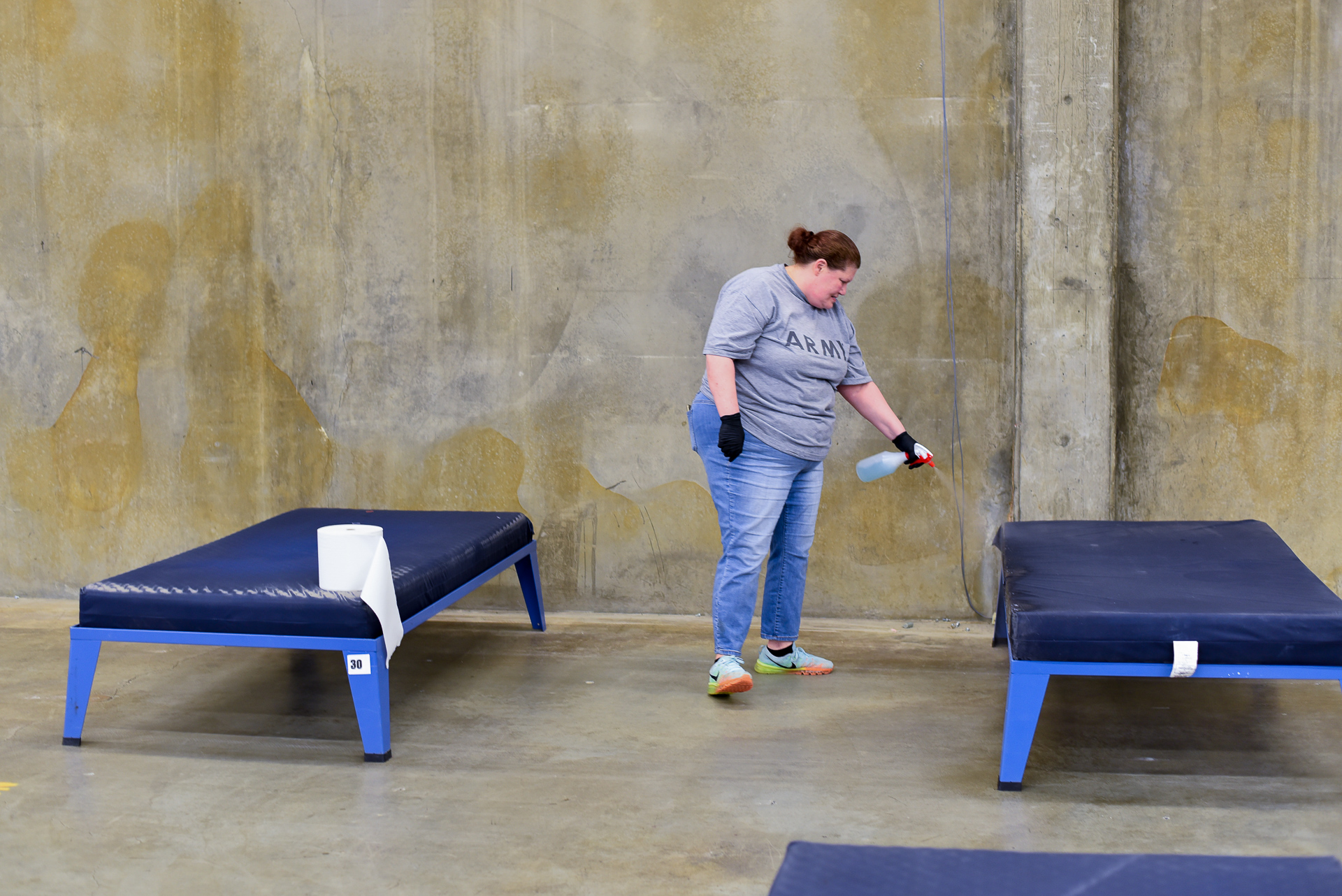
Web-based training offered by PHSKC launched on March 6, focused on approved sanitation and hygiene guides. Training, technical assistance, and Q&A opportunities were provided multiple times to staff of homeless service agencies.
Training is updated as needed to keep current with the Centers for Disease Control (CDC) guidelines. High-traffic day centers are receiving County-funded cleaning services to allow day center staff to focus on serving clients.
Mobile Medicine/Mobile Outreach Maintained
Healthcare for the Homelessness Network is maintaining the Mobile Medical Van and the Street Medicine Outreach teams to reach and help those in shelters and those in sanctioned and unsanctioned encampments county-wide.
Assessment of Program Capacity
We completed a county-wide assessment of encampments, shelters, day centers, and housing programs on February 28 to identify gaps in our combined ability to respond to COVID-19—ensuring providers receive the resources and supplies needed.
Shelter “De-intensification”
Seattle and King County are working to decrease shelter intensity and increase social distancing.
- King County opened additional space in its Administration Building and the King County 4th and Jefferson Building in mid-March to help both onsite shelters achieve social distancing.
- King County opened space in the King County International Airport on March 13 to provide 24/7 space to one of the county’s largest shelter operators to achieve social distancing.
- As a prevention move, King County provided funding for 60 hotel vouchers for people in the largest shelters who were in the highest risk categories for age and underlying health issues. King County added to these vouchers in March, with 48 more for those at highest risk.
- King County provided 25 hotel vouchers to the Eastside Family Shelter to move 25 families with children into hotels.
- King County joined with the City of Bellevue in early March to support one of the largest Eastside shelter operators with additional space and placement of pallet units.
- King County created shelter space for 25 at the Harbor Island warehouse.
- City of Seattle opened the Seattle Center Exhibition Hall, Fisher Pavilion and four community centers to support shelter social distancing.
- City of Seattle opened 95 new shelter beds and tiny homes at three locations in Seattle.
- King County moved about 400 people on April 10 from shelters to hotels as a prevention and shelter de-intensification move: Catholic Community Services (100 people), DESC (215 people) and The Sophia Way (50+ people).
- King County added five pallets to Chief Seattle Club’s Eagle Village to add shelter space for people experiencing homelessness, and provided 10 hotel vouchers.
- King County moved about 100 people from shelter sites to hotels on Queen Anne in Seattle, one operated by The Salvation Army and the other operated by Catholic Community Services.
Centralized Supply “Store” Opens
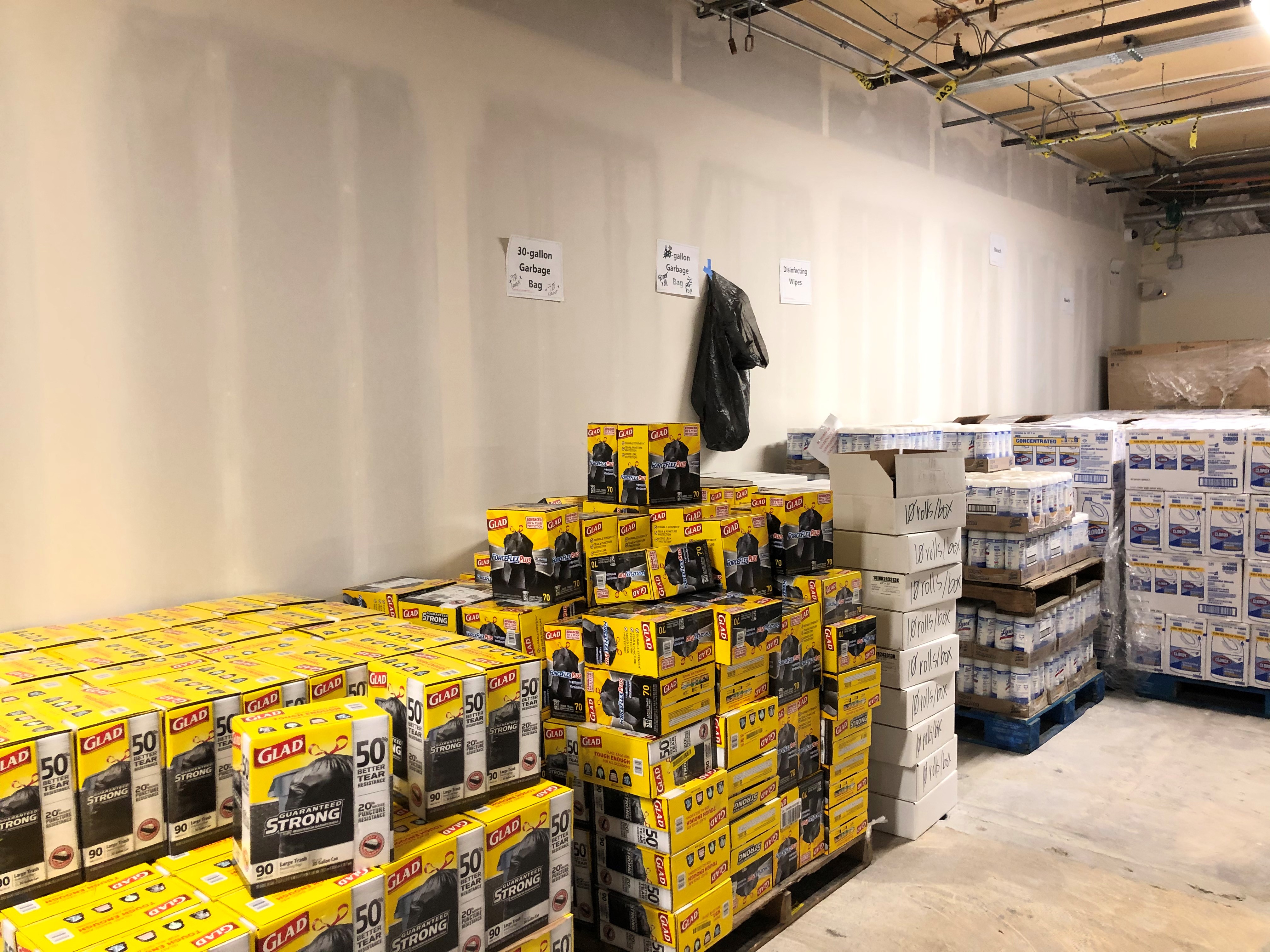
King County, City of Seattle and United Way of King County pooled their resources of bleach, masks, wipes, gloves, hand sanitizer and other essential supplies in one County warehouse. A supply “store” opened on March 10 to provide much-needed supplies for homeless shelter and day center providers. Bulk purchases continue to funnel to this warehouse.
Homeless Health Field Assessment, Support and Technical Assistance (FAST) Teams
FAST teams launched March 14, providing onsite assessment, support and technical assistance to homeless and supportive housing programs responding to COVID-19, including sanitation and infection control guidelines, supply needs and procedures for handling suspected cases.
Teams may include a nurse, behavioral health specialist, environmental health specialist or outreach worker. The team is providing proactive preventative supports to providers.
STRIKE Teams
STRIKE teams respond quickly to a suspected outbreak—going immediately to any shelter, long-term care facility or other settings. They assess the level of contagion, conduct testing, talk with individuals exhibiting symptoms, offer recommendations for swift action to contain the outbreak, and refer people to isolation or quarantine or recovery sites. We deployed the first STRIKE team on April 3, and they continue to respond to any outbreaks in the community.
Ensuring Behavioral Health Service Continuation
King County is working very closely with its behavioral health provider network to ensure the continuation of services to people with mental health and substance use disorders—including those who are homeless.
We are also working to ensure the provider network is supported in keeping their programs operating within the latest COVID-19 guidance and making sure providers are paid for these services. These efforts include providing alternate forms of behavioral health counseling like telemedicine and implementing adjustments to dosing protocols for methadone and buprenorphine to support recovery. Planning for the County’s isolation, quarantine and recovery sites include onsite staffing for behavioral health needs.
COVID Isolation and Quarantine
To slow the spread of the virus and ensure we preserve hospital beds for the most acutely ill, King County moved to identify sites and facilities across the county that could offer temporary lodging for people who cannot safely self-isolate or quarantine in their own home, or do not have a home. Sites provide essential health and behavioral health care, food and other needs. Public Health approves referral and admission to isolation and quarantine, and authorizes discharge.
- Quarantine is for people who are not currently showing symptoms but are at increased risk for having been exposed to an infectious disease.
- Isolation is used for people who are presently ill and able to spread the disease and who need to stay away from others to avoid infecting them.
King County has identified the following sites for isolation and quarantine:
- Kent Central Avenue Motel: 1233 Central Avenue North, Kent (79) Open.
- North Seattle/Aurora: 1132 N. 128th Street, Seattle (23) Open.
- Issaquah Hotel: 1801 12th Avenue NW, Issaquah (99) Open.
- Harborview Hall, operated by Harborview Medical Center: 326 9th Avenue, Seattle (45). Open.
- White Center: 206 SW 112th St., Seattle (31)
Learn more about Isolation/Quarantine facilities
COVID Assessment Center/Recovery Center (AC/RC)
King County is opening Assessment Centers/Recovery Centers (AC/RC)—congregate care facilities that provide Public Health-supervised care to symptomatic or COVID positive adults who are not able to follow public health guidance for isolation, quarantine or recovery in their own home, or do not have a home.
Examples include symptomatic or COVID-positive people who are unable to isolate—from a medically fragile or high-risk individual in the home to people who are homeless. AC/RC’s also provide flex space for hospitals to discharge non-emergency COVID cases, freeing hospital beds for more acute patients.
In addition to providing testing for high-risk populations, each facility will provide separate isolation spaces for people awaiting test results and for those who test positive. Food and other essential needs and basic health and behavioral health care needs will be met. Basic care includes monitoring of some chronic conditions as well as COVID-19 clinical status to determine if a further medical evaluation is called for, transfer to higher levels of care when indicated, access to chronic medications, and basic behavioral health services.
King County has identified the following sites for AC/RC assistance:
- Shoreline: 19030 – 1st Avenue NE, Shoreline (140) Open.
- Eastgate: 13620 Eastgate Way, Bellevue (140)
- SoDo warehouse: 1039 Sixth Ave. S., Seattle (240 spaces)
Learn more about Assessment Center/Recovery Center facilities
Harborview Hall Repurposed for Harborview Medical Center Isolation and Recovery
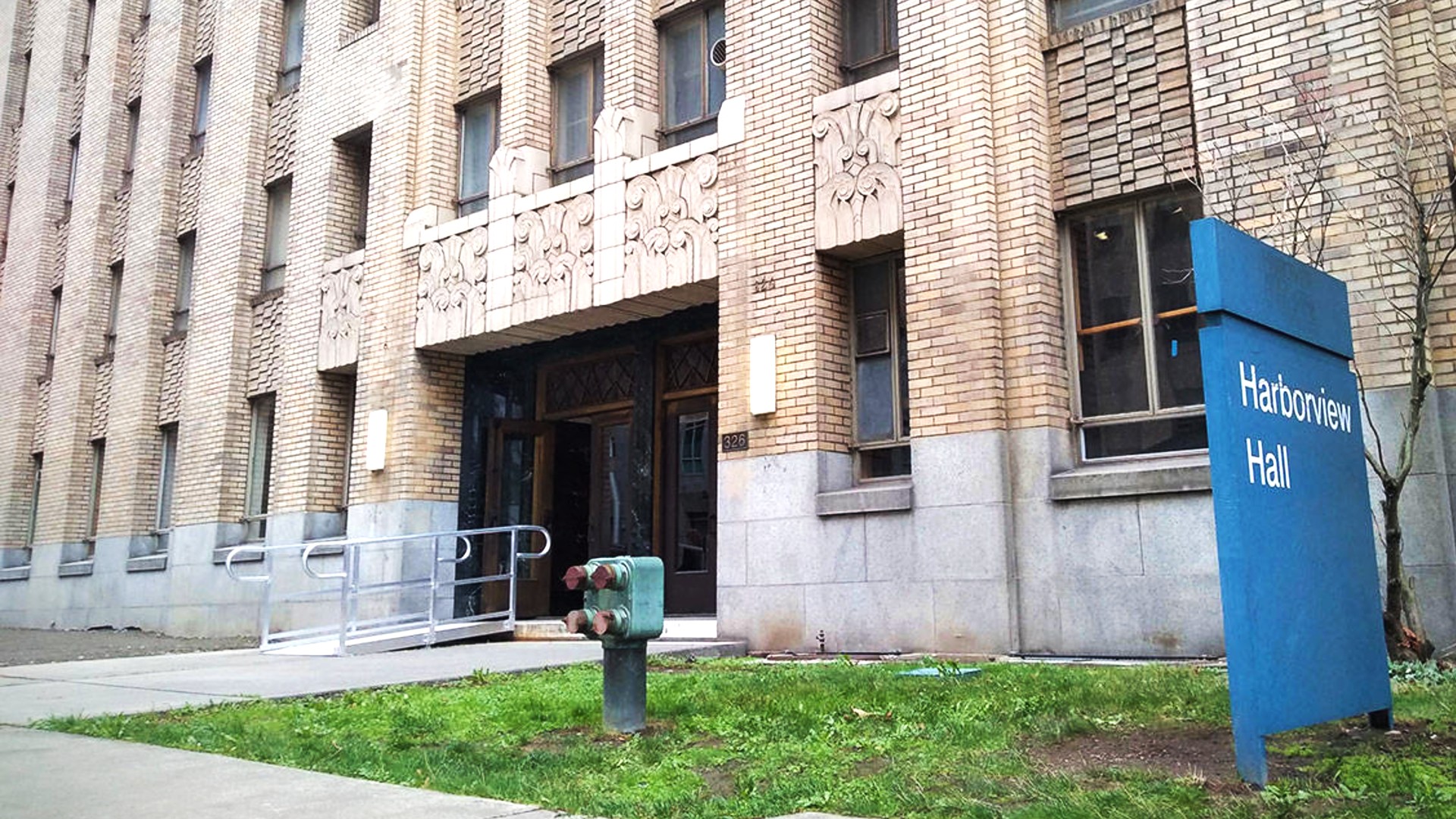
King County joined with Harborview Medical Center (HMC) to repurpose Harborview Hall, located at 326 Ninth Avenue, from a 24/7 shelter to an isolation and recovery center for people who do not have a home to recover and who may have other health needs.
This may include a person awaiting the result of their COVID-19 test result or a COVID-19 patient with symptoms that do not require hospitalization. HMC, located across the street, will provide onsite clinical support. King County moved the Salvation Army enhanced shelter to a temporary location at 1215 E. Fir Street while the Hall is needed for medical use.
Temporary Enhanced Shelter Opens
To assist people who need health monitoring and a safe place to sleep off intoxication, King County opened a temporary enhanced shelter at the Recovery Café in SoDo on April 6, offering 45 beds and 24/7 access to onsite services. This action relieves the need to take people who are experiencing health issues due to alcohol or other drug use to local emergency rooms, leaving those emergency spaces for people with acute needs. The County will continue to seek a permanent site for a sobering and recovery facility.

 Translate
Translate
